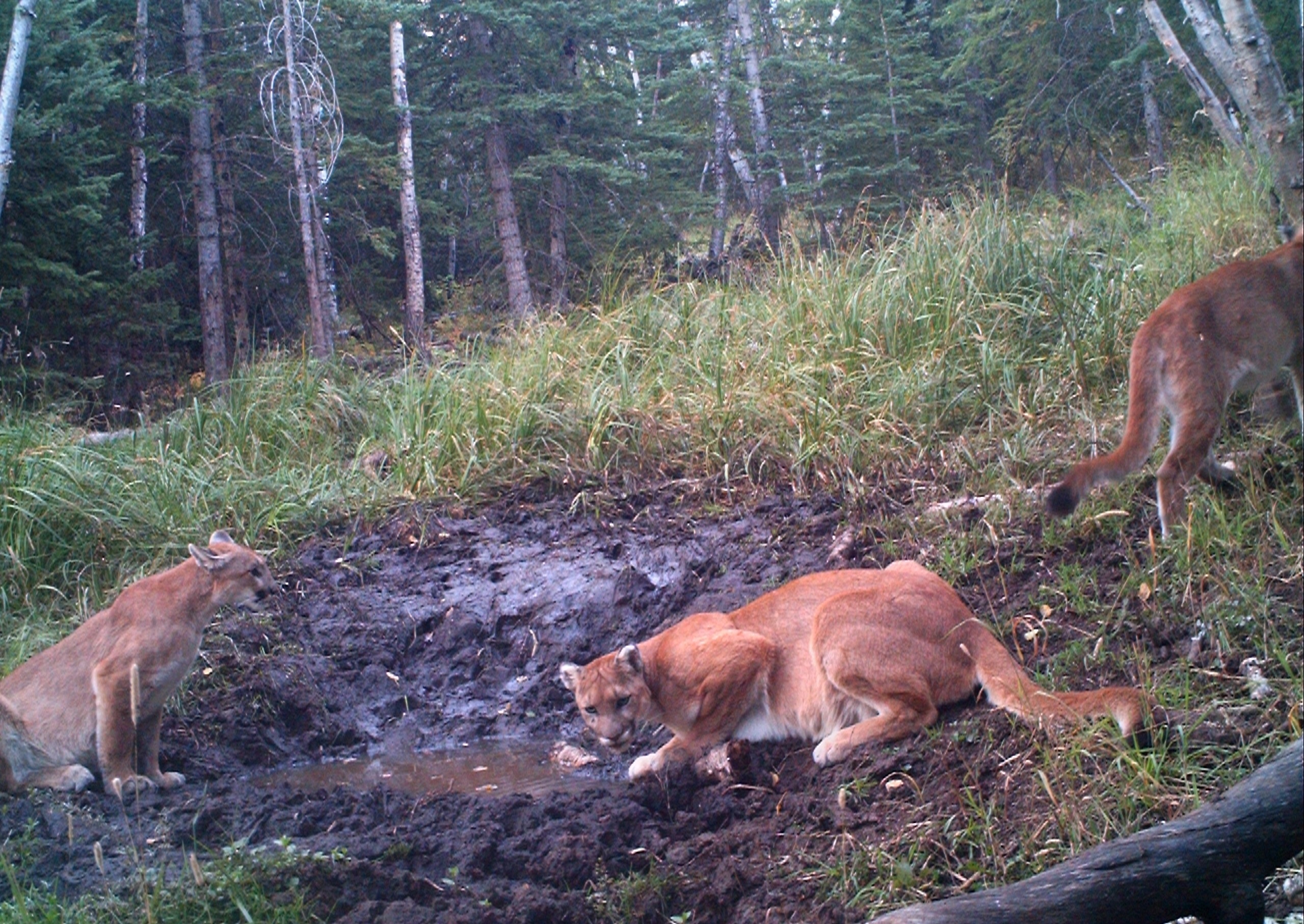Every victory counts in the fight against “ballot box biology,” and this is one of them.
The Colorado Title Board agreed with the Rocky Mountain Elk Foundation and its partners that it is deceptive for animal rights groups to use the title “Prohibit Trophy Hunting” for a possible ballot measure looking to ban all hunting and trapping of mountain lions, bobcats and lynx. The board removed the word “trophy” from the title since it made no distinction between scientifically regulated, traditional hunting and trophy hunting. In reality, it seeks to ban all hunting.
Initiative 91 is also deceptive for other reasons. It includes lynx even though that species is fully protected and no harvest takes place in Colorado or any of the Lower 48 states. Proponents also authored an op-ed in a Denver newspaper claiming one of them represented hunting organizations even though he did not as those groups disavowed the claims.
RMEF contributed funding to hire attorneys who challenged the title. That legal team will also submit briefs to challenge the constitutionality of Initiative 91 before the Colorado Supreme Court. If unsuccessful, proponents will then be able to start gathering signatures.
Colorado Parks and Wildlife (CPW) updated its West Slope Mountain Lion Management Plan in 2020 and continues to manage scientifically using modern technology to monitor populations. Hunter success averages about 20 percent. Claims that this hunting is unfair or violates fair chase are untrue. Hunters must take a special lion education course before hunting to improve their ability to determine age, sex and reproductive status of the animals they hunt. Treeing mountain lions with hounds facilitates selective harvest.
“Removing hunting as a management tool would have a definite impact on elk and deer populations, especially those that suffered major losses due to the severe winter of 2022-23 in the northwest Colorado,” said Ryan Bronson, RMEF director of governmental affairs. “Mountain lion hunting is illegal in California but that state issues hundreds of depredation permits and kills an average of 85 per year. Predators need to be managed, and private hunters are already effectively doing that in Colorado at no cost to taxpayers. In fact, they pay license fees to benefit wildlife management in general.”
RMEF is conducting market and voter research to guide efforts to defeat the proposed measure. The results of that research will be incorporated in future messaging. Those interested in contributing to the political fight can do so by visiting the Coloradans for Responsible Wildlife Management website.
A Colorado legislator proposed a similar hunting ban in 2022. Hundreds of RMEF members rallied to successfully convince their legislators to defeat it.
The Rocky Mountain Elk Foundation strongly opposes Initiative 91 since it ignores the basics tenants of proven, science-based wildlife management in line with the North American Wildlife Conservation Model that fish and wildlife belong to all Americans, and that they need to be managed in a way that their populations will be sustained forever.
Speaking at a January 2020 news conference about the Colorado initiative to forcibly introduce wolves into the state, RMEF President Kyle Weaver referred to that effort as “’ballot box biology’ – a strategy used by agenda-driven extremists to usurp wildlife professional’s knowledge and authority related to complicated wildlife management issues.” This initiative follows the same game plan since CPW, along with its science-based management, professional biologists and wildlife managers, could not and cannot comment on the measure by law, like it could not about the 2020 wolf measure.
RMEF has a long conservation history in Colorado. Dating back to 1987, RMEF and its partners completed 843 conservation and hunting heritage outreach projects there with a combined value of more than $201.8 million. These projects conserved or enhanced 501,957 acres of habitat and opened or improved public access to 119,587 acres. There are currently nearly 15,000 members and 29 RMEF chapters in Colorado.
The group behind Initiative 91 has representatives who worked for PETA, the Sierra Club and other animal welfare organizations, one of whom currently serves as vice-chair of the Rocky Mountain Wolf Project, the organization behind the wolf ballot initiative.
Initiative 91 needs 124,238 verified signatures to qualify for the ballot.
Hunters and conservationists in Colorado who have not yet registered to vote, can do so here.
(Photo credit: Rocky Mountain Elk Foundation)
